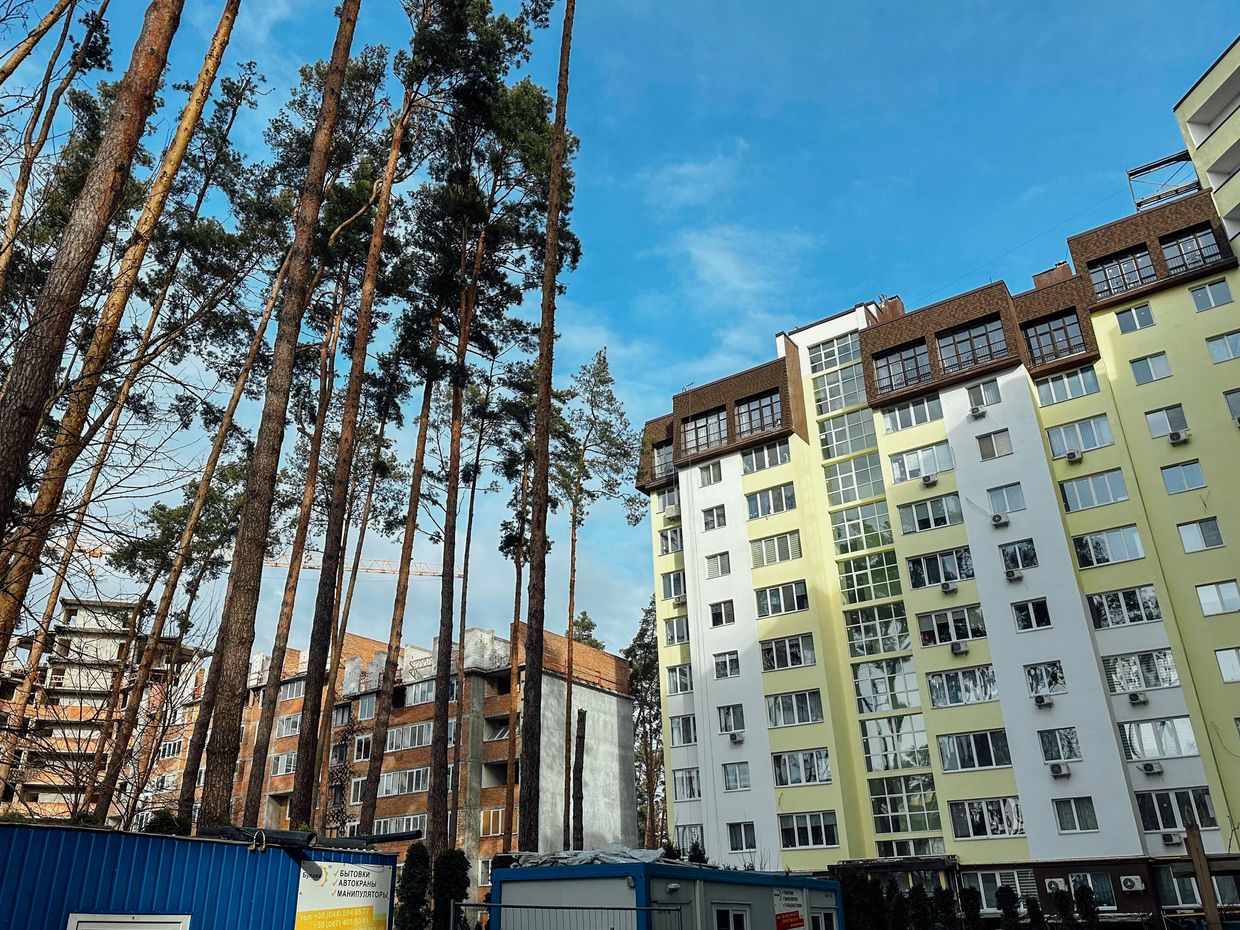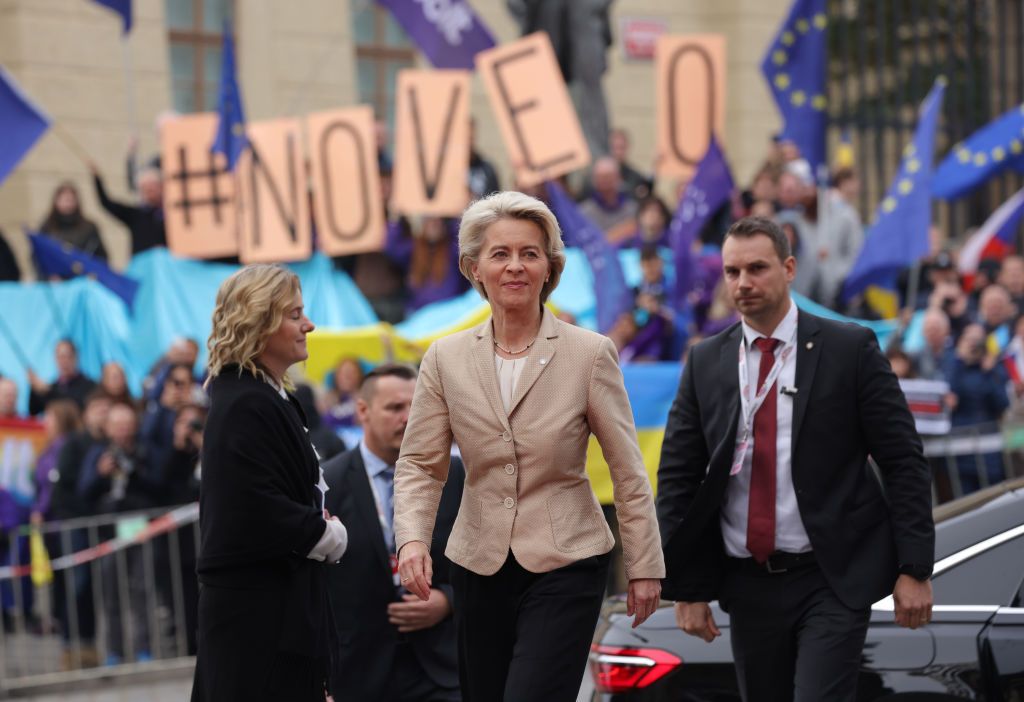Opinion: Ukraine’s Partial Credit Guarantee Fund is a win-win for farmers and banks

In the wake of land reform and the relentless challenges posed by Russia’s invasion of Ukraine, Ukraine's agricultural sector faces a pivotal moment. Small farmers, the backbone of this vital industry, grapple with the dual challenges of securing financing and overcoming the aftermath of destruction and economic upheaval. The Partial Credit Guarantee Fund (PCGF), an innovative collaboration between the European Commission and the World Bank, emerges as a beacon of hope, offering a tangible solution to these pressing issues.
Historically, small farmers in Ukraine have struggled with limited access to finance, a situation exacerbated by inadequate collateral and perceived higher risks. The introduction of land reform intensified the need for financial resources, enabling agricultural producers to acquire land and invest in their operations. However, the convergence of a significant credit demand spike in 2022-23, driven by falling internal agriculture product prices, rising logistics costs, and the increased cost of agriculture inputs, including fertilizers and pesticides, has underscored the urgency for innovative financing solutions.
Compounded by the Russian invasion, small farmers faced not only the task of sustaining their businesses but also the necessity of rebuilding and innovating amid adversity. The destruction and damage of agricultural machinery, alongside the need for energy-efficient solutions, further fueled the demand for investment financing.
Recognizing the acute need for financial support, the PCGF was established as a strategic response. Aimed at small farmers cultivating up to 500 hectares and registered in the Single Agrarian Register (SAR), the fund offers up to 50% of credit liability for both investments and working capital. This initiative extends beyond land purchases, encompassing equipment investment, operational costs, and diversification into sectors traditionally overlooked by banking support, such as horticulture and livestock.
The fund's initial stage boasts a robust capitalization, thanks to a 10 million euro ($10.8 million) grant from the European Union and a matching contribution from the World Bank. This financial backing not only solidifies the PCGF's foundation but also underscores a collective commitment to revitalizing Ukraine's agricultural sector.
The PCGF is designed to work in synergy with existing developmental programs and initiatives. By aligning with programs like 5-7-9%, crop receipts, regenerative agriculture, and other support mechanisms, the PCGF amplifies its impact, providing a more fortified support system for small farmers.
Less than two weeks post-launch, on Feb. 6, the PCGF has already facilitated a working capital loan for a farmer with 370 Ha of land, growing cereals and oilseeds, signaling the fund's immediate impact and the vital role it plays in supporting Ukrainian agriculture.
Jarosław Bełdowski, head of the Fund Supervisory Board, encapsulates this sentiment, stating, "Now Ukrainian small farmers that are usually underbanked have received a great mechanism to support and develop their business. The Partial Credit Guarantee Fund now stands as a beacon of hope and prosperity, empowering small farmers, driving economic growth, and fostering a resilient agricultural sector."
Expanding on the significance of the PCGF, Bełdowski adds, "This initiative not only supports our farmers in the face of current economic challenges but also paves the way for a sustainable and prosperous agricultural future for Ukraine." He further highlights the utmost importance of the fund given the current reality, noting, "The quick response to the PCGF initiative underscores the dire need for such financial instruments, reflecting the resilience and determination of Ukraine's farming community to thrive against all odds."
Through strategic support and risk mitigation, the PCGF not only addresses the immediate financial hurdles faced by small agricultural producers but also lays the groundwork for sustainable growth and innovation. In doing so, it contributes significantly to the national economy and bolsters the well-being of Ukraine's rural communities, making it a quintessential win-win mechanism for both farmers and banks.
Editor’s Note: The opinions expressed in the op-ed section are those of the authors and do not purport to reflect the views of the Kyiv Independent.












